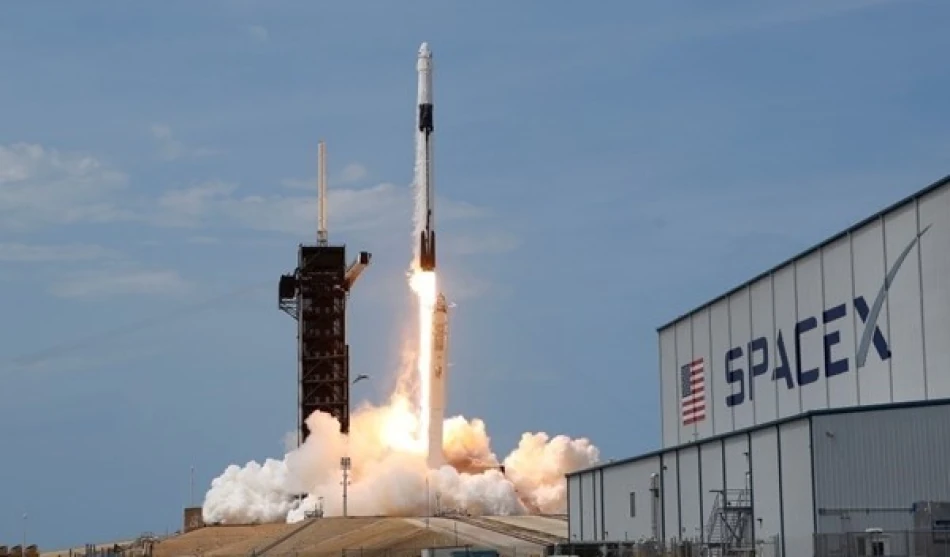
SpaceX and Italy Forge Historic Partnership to Explore Mars
SpaceX Signs Historic Mars Partnership with Italy, Signaling Commercial Space Race Acceleration
Elon Musk's SpaceX has secured its first commercial Mars transportation contract with Italy's space agency, marking a pivotal shift from government-led space exploration to private sector dominance in interplanetary missions. The partnership positions Italy as the first nation to book commercial cargo space on SpaceX's Starship for Mars delivery, despite the rocket's ongoing development challenges.
Italy Stakes Early Claim in Mars Commerce
The Italian Space Agency (ASI) announced Thursday that it will transport scientific instruments aboard SpaceX's inaugural commercial Starship flights to Mars. ASI President Teodoro Valenti declared "Italy is on its way to Mars!" via social media, highlighting the strategic importance of securing early access to what could become the primary commercial pathway to the Red Planet.
This move demonstrates Italy's recognition that future Mars exploration will likely be dominated by private companies rather than traditional government space programs like NASA or ESA. By partnering with SpaceX now, Italy gains preferential access to Mars transportation capacity that may become increasingly scarce and expensive as demand grows.
Starship's Rocky Development Path
Technical Challenges Remain Significant
SpaceX's Starship rocket, designed as the cornerstone of Musk's Mars colonization vision, continues facing substantial technical hurdles. Recent test flights have ended in spectacular explosions, raising questions about the ambitious 2026 commercial launch timeline that Musk continues to promote.
However, SpaceX's track record with the Falcon 9 rocket suggests the company can overcome early failures. The Falcon 9 also experienced multiple explosive setbacks before becoming the world's most reliable commercial launch vehicle, now dominating the satellite deployment market.
Market Implications for Space Industry
SpaceX President Gwynne Shotwell's announcement that the company is now offering commercial Starship services to Mars represents a fundamental market shift. Traditional space agencies, which have spent decades planning Mars missions costing billions of dollars, now face competition from a private company promising routine cargo delivery.
This commercial approach mirrors how SpaceX disrupted the satellite launch industry by offering lower costs and higher reliability than government alternatives. If successful, Mars cargo services could follow a similar trajectory, making interplanetary research accessible to universities, private companies, and smaller nations previously excluded from Mars exploration.
Broader Strategic Context
National Space Competition Intensifies
Italy's partnership reflects growing international competition for Mars presence. China plans independent Mars missions, while the UAE successfully deployed its Hope orbiter in 2021, demonstrating that space leadership is no longer limited to traditional powers like the US and Russia.
European nations face a strategic choice: develop expensive independent Mars capabilities or partner with proven commercial providers like SpaceX. Italy's decision suggests pragmatic acceptance that commercial partnerships may offer faster, cheaper access to Mars than traditional government programs.
Investment and Risk Assessment
For investors, this partnership validates SpaceX's business model expansion beyond Earth orbit services. However, significant technical and timeline risks remain. Musk's history of overly optimistic predictions means the 2026 Mars timeline should be viewed skeptically, even as the long-term commercial potential appears substantial.
The space industry increasingly resembles early aviation, where government contracts provided foundation for eventual commercial passenger service. Mars cargo delivery could follow this pattern, starting with scientific instruments and eventually expanding to larger commercial payloads as technology matures and costs decrease.
Most Viewed News

 Layla Al Mansoori
Layla Al Mansoori






